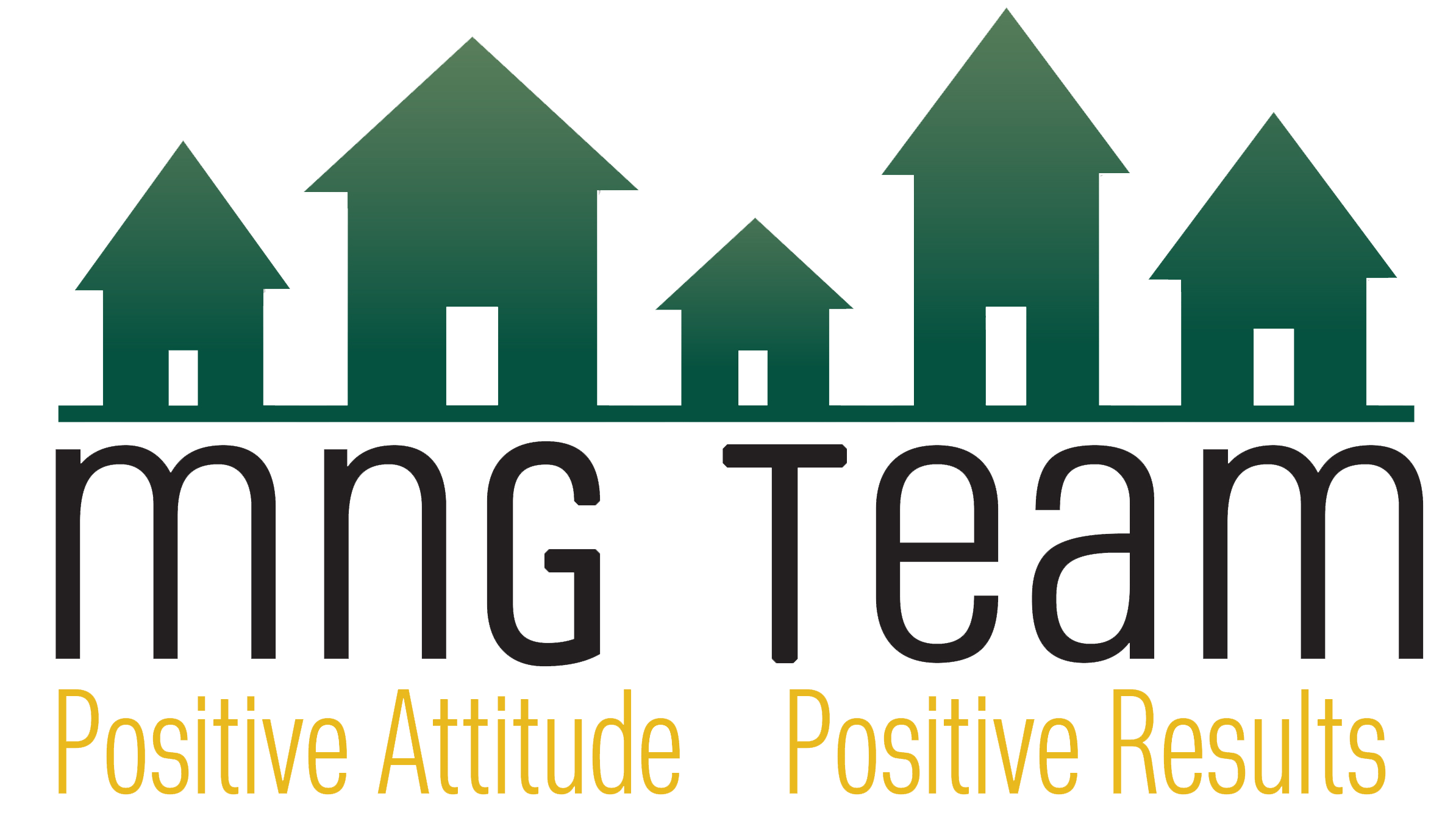Are Canada’s Largest Cities Prepared for the Next Generation of Homebuyers?
In the ever-evolving landscape of real estate, understanding the preferences and priorities of different generations is crucial. In this article, we delve into the housing market dynamics, focusing on Millennials, Generation X, and Generation Z, to unravel the intricacies of their home-buying decisions.
To understand the dynamics shaping Gen Z's choices, Pont2Home evaluated 35 metrics, encompassing demographics, education, economy, real estate, community, environment, health, and well-being. This comprehensive approach provides a nuanced understanding of how cities fare in meeting the diverse expectations of the youngest workforce.
Gen Z's Unique Preferences
Our recent City Readiness Index for Gen Z has unearthed fascinating insights into the preferences of the newest generation of homebuyers. Gen Z, born between 1997 and 2012, prioritizes mental health, financial stability, and work/life balance. This shift in values suggests a potential move away from the fast-paced, high-priced lifestyle of major urban hubs.
Analyzing 35 metrics across four categories, we discovered that smaller cities are better equipped to cater to the needs of Gen Z. Factors such as affordable housing, cost of living, work/life balance, and perceived mental health played a pivotal role in determining city rankings. Notably, eight of the top 10 cities attracting Gen Z have populations below 300,000, signaling a preference for tightly-knit communities.
According to the City Readiness Index, St. John’s, NL, and several cities in Quebec, such as Quebec City, Montreal, and Gatineau, rank high for Gen Z preferences.
The Changing Urban Landscape
Interestingly, traditional economic powerhouses like Toronto, Vancouver, Montreal, Calgary, and Edmonton may need to reassess their appeal to the younger generation. Our study found that, apart from Montreal, these cities failed to secure spots in the top 10 ideal cities for Gen Z.
Anticipation of pent-up investment demand underscores the attractiveness of the multifamily sector. Investors, both domestic and global, are eyeing multi-suite residential rental properties due to their healthy fundamentals and positive rent growth outlook. The persistent demand-supply imbalance in this sector is expected to drive a surge in interest and investment.
Future Projections
As Millennials and Gen Z constitute the fastest-growing demographics in Canada, it is imperative to anticipate their impact on the housing market. Projections suggest that by 2029, Millennials could surpass Baby Boomers in numbers, making their preferences a significant driver of societal priorities.
Gen Z, growing up in the digital era, exhibits unique traits, including early financial savvy, access to global information, and a profound understanding of factors contributing to happiness. Their emphasis on work/life balance, fair pay, collaboration, diversity, mental health, and environmental responsibility is reshaping the urban landscape.
As the torch passes from Millennials to Gen Z, the real estate landscape is witnessing a transformative shift. Smaller cities, attuned to the unique needs of this generation, stand poised to redefine the concept of an ideal home. By aligning with Gen Z's values, cities can ensure they remain vibrant and attractive in the evolving real estate market.
Your market
Curious where our market falls on this split and what it means for you?
Get in touch, and we’ll tell you everything you need to know.




